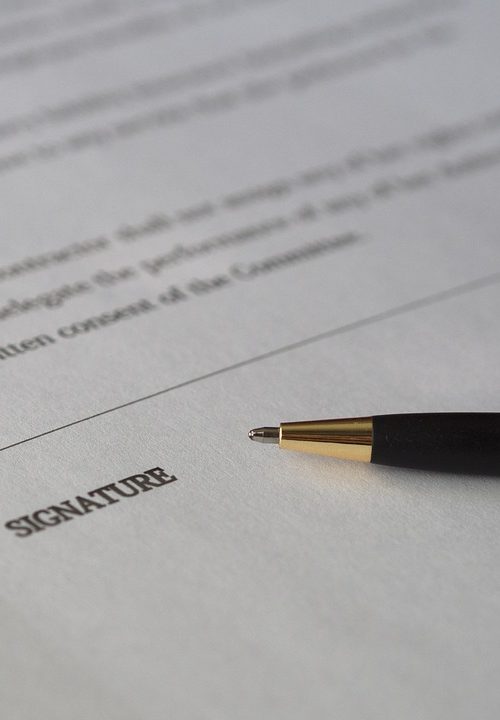
Understanding the Impact of COVID-19 on Personal Debt Management
For individuals grappling with financial difficulties during the ongoing pandemic, the situation can feel overwhelming. The coronavirus crisis has intensified existing financial struggles, leaving many to wonder, what actions can I take to manage my debt? This unprecedented global event has led to increased anxiety about income security and savings for millions. Prior to the COVID-19 lockdown, many were already facing financial challenges, and now, those issues have escalated significantly.
As we navigate this uncertain landscape, it’s crucial to acknowledge the phenomenon of income shock—a term describing the sudden and unexpected loss of income that many families are currently experiencing. This dual crisis of health and finance presents significant challenges, but it’s important to remember that solutions do exist. While immediate relief may not be feasible, there are strategies to help alleviate some of the burden, allowing individuals to regain control over their financial situation.
To formulate an effective plan moving forward, we must first assess the current state of finances in the UK and identify the obstacles facing families and businesses alike.
Analyzing the Current Economic Landscape Amidst the Pandemic
Just six months ago, the economic landscape was drastically different, and no one could have anticipated the challenges we now face. The latest statistics from the UK reveal alarming trends, with projections suggesting that as many as 500,000 businesses could face closure due to the ongoing pandemic. Additionally, one in four adults has been placed on furlough, while others have unfortunately lost their jobs entirely as companies implement severe cost-cutting measures.
This climate of uncertainty has forced many to confront their financial realities, including those who previously avoided the issue. This newfound awareness presents an opportunity for individuals to reassess their monetary situations and seek effective resolutions. For those in need, debt consolidation should be prioritized as a viable option to regain financial stability.
Taking proactive steps to understand your financial standing can lead to more informed decisions, ultimately paving the way toward a more secure future.
Exploring the Benefits of Debt Consolidation for Financial Relief
A significant challenge in managing debt is the tendency of financial institutions to encourage borrowers to make only minimal payments. This often leads to an accumulation of interest and extended repayment periods, trapping individuals in a cycle of debt. During tough financial times, it may be tempting to pay just the minimum, but it’s vital to recognize that this approach can prolong financial distress and complicate your financial landscape.
Debt consolidation loans for those with bad credit offer a pathway to simplify your financial obligations. By consolidating multiple debts into a single loan, you gain clarity on your monthly payments and how long it will take to eliminate your debt. Although the journey to becoming debt-free may take time, this strategy can significantly enhance your financial management, putting you on a path toward a more stable economic future.
Establishing a solid financial footing can have profound effects not only on your wallet but also on your mental well-being, providing peace of mind during these trying times.
If you’re a homeowner and business owner, get in touch with the experts at Debt Consolidation Loans today for more information about how a debt consolidation loan can benefit you.
If you think a Debt Consolidation Loan is right for you, get in touch or call on 0333 577 5626 to improve your financial situation with one easy monthly repayment.
[/vc_column_text][/vc_column][/vc_row]
Discover More Resources That Can Help You
 Debt: Understanding Good Debt and Bad Debt
Debt: Understanding Good Debt and Bad Debt
Debt: Understanding Good Debt and Bad Debt
 SIM Swap Fraud: A Comprehensive Overview
SIM Swap Fraud: A Comprehensive Overview
SIM Swap Fraud: A Comprehensive Overview
 Banking Apps Revolutionising the Financial Landscape
Banking Apps Revolutionising the Financial Landscape
Banking Apps Revolutionising the Financial Landscape
 Furloughed and in Debt? Essential Steps to Take
Furloughed and in Debt? Essential Steps to Take
Furloughed and in Debt? Essential Steps to Take
 High Value Consolidation Loans in the UK Explained
High Value Consolidation Loans in the UK Explained
High Value Consolidation Loans in the UK Explained
 Beating Financial Bullies: Take Control of Your Finances
Beating Financial Bullies: Take Control of Your Finances




